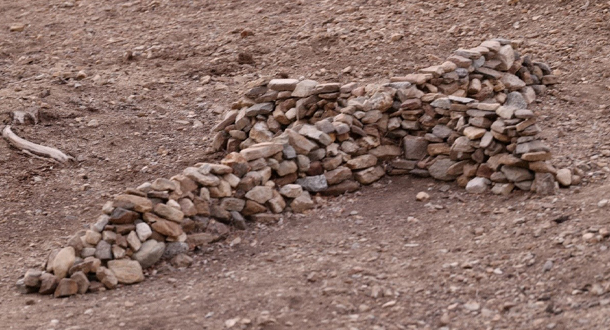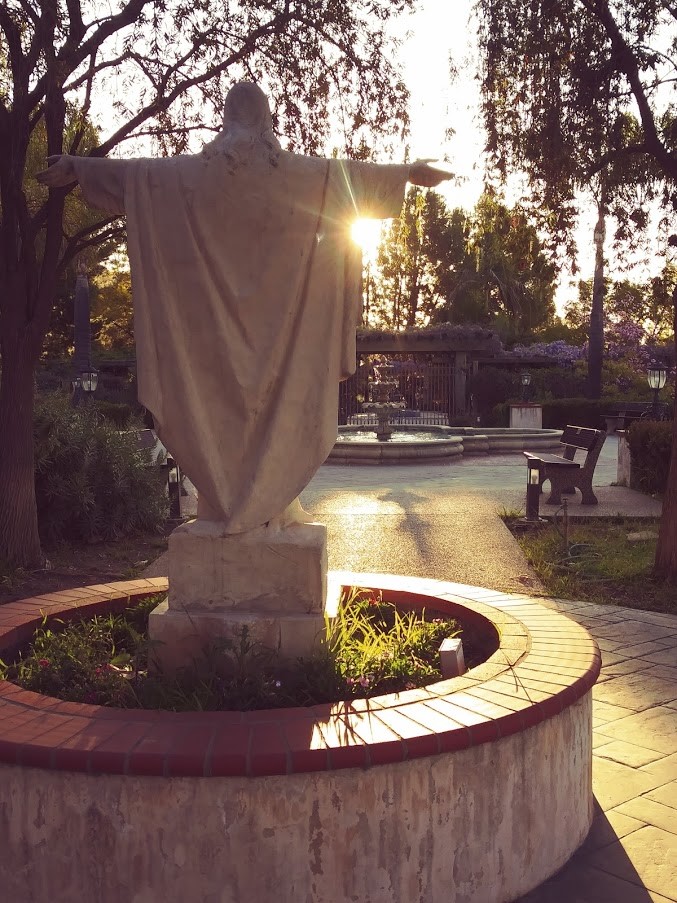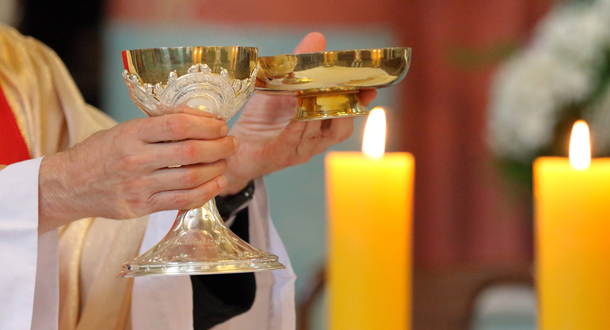
Scripture:
Reflection:
The readings today are summarized by the prelude to the Gospel from John 14:16.
I am the way and the truth and the life, says the Lord;
no one comes to the Father except through me.
The readings today speak, both directly and indirectly to the issue of authentic faith. Faith which is just a poster child for the messenger is not useful to the deliverer or those receiving the message. The messenger has obscured the message by getting themselves in the way.
I recently connected with a good friend Jim who had moved to Florida several years ago. Jim is a dedicated Christian and, more recently, has decided to move into full-time ministry. What is interesting about Jim’s story is the type of ministry he’s decided on; street ministry. For most of us, particularly Catholics, the thought of street ministry or street preaching would send shivers down our spines. Standing outside of Walmart or some other public place waving a sign calling others to the word of God seems to be as un-Catholic a method of evangelization as I can think to imagine. Our methods of evangelization are either internal and very formal such as catechesis; or based on works of mercy and service. These might include food ministry, helping the homeless, visiting those who are ill, and many others.
Now I’m not suggesting that we immediately go down to our local sign maker, take our favorite lines of scripture and then start parading up and down Main Street. However, I do think there is something to be learned from Jim’s experience.
It turns out the street preaching is not always verbal but can lead to that. In his initial efforts, Jim will create a sign, usually with scripture or a scriptural message, and then just let the sign speak for itself; he is merely the sign holder. As you could imagine, this brought several different responses. Some ignored him as if he wasn’t there; some glanced at him; others made kind comments or acknowledgments, some made comments that were less so kindly. Then, over weeks in different locations, Jim found others spontaneously talking to him about while he was doing, what the message was, or their own experience of what the message meant.
Just the pure boldness of Jim’s evangelization strategy calls me to action as well. Not that you’re necessarily going to find me on the side of the street with the sign proclaiming Jesus’s call to action in the world, but it did make me think why this was so difficult (for me). As Catholics, we like to do our evangelization quietly or with other aid such as food, resources, assistance to others. The aid and the assistance speak for God’s action and our participation in it.
But are we missing something? Are we willing to be as bold as Jim? Could you stand there with the message and be ready to defend it? These are great questions that right now are milling around in my heart and soul. It makes me think how willing I am to be there proclaiming his message in one of these bolder ways. When Pope Francis talks to us about leaving the church’s door and meeting people where they are, street preaching may not be as far out as we think. Missionaries have taken on far more dangerous tasks over the years in church history. But it appears we always want the shield of a gift or service that we’re trying to offer; it seems we can only be most comfortable when we have something to help us evangelize.
Perhaps this message from a Protestant street preacher can give us some confidence to be even bolder in our message to others. Perhaps not in the street, but within the family, amongst friends, and those who might be unwilling to listen. Even those reluctant to listen may have an interaction with you that sets them on the journey of discovery and exploration with the Holy Spirit. Perhaps not immediately but in a future time unknown to us. God Bless.
Michael Cunningham, OFS, is the Director and CEO of Mater Dolorosa Passionist Retreat Center in Sierra Madre, California.







